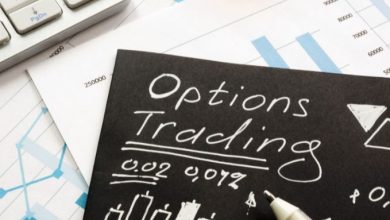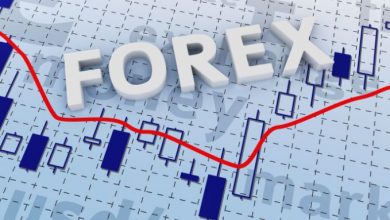Commodity Markets: Discovering Opportunities and Understanding Risks in Commodity Trading
In the world of investments, the commodity market holds a significant position. Trading commodities involves buying and selling basic goods or raw materials that find use in everyday life. These include items such as oil, gold, wheat, and more. Commodity trading has been around for centuries, even millennia, and contributes immensely to the global economy. It provides an avenue for investors to diversify their portfolios beyond traditional shares and bonds.

A Deeper Look into Commodity Trading
You’re buying or selling contracts for these goods when trading commodities. Some people trade commodities by purchasing physical goods and storing them, but this is less common due to storage and transportation costs. Instead, most commodity trading is speculative, where traders buy and sell contracts without intending to take delivery of the physical goods.
Types of Commodities Traded
The canvas of commodities trading is vast and includes a variety of items. Energy commodities include crude oil, natural gas, and even coal, which are essential in powering economies around the world. Metals, such as gold, silver, and copper, are treasured for their use in jewelry, decorations, and various industrial applications.
Agricultural commodities are another crucial category, encompassing essential crops like wheat, corn, and soybeans, along with other products like cotton. Lastly, livestock and meat commodities include live cattle, lean hogs, and others, which are important for food supply chains. Each commodity has its own market dynamics, influenced by factors such as weather patterns, geopolitical events, and economic indicators.
Factors Affecting Commodity Prices
The prices of commodities can fluctuate based on a myriad of factors. Supply and demand dynamics are a significant driver. For example, weather conditions could damage a season’s crop yield, reducing supply, and causing prices to surge. On the other hand, advancements in farming technology could cause a boom in production, leading to a drop in prices due to increased supply.
Geopolitical events can also profoundly impact commodity prices. For example, political instability in an oil-producing nation could restrict supply and drive up global oil prices. Similarly, economic factors, such as inflation rates and currency exchange rates, can also cause considerable swings in commodity prices.
Strategies for Commodity Trading
Just like any form of trading, commodity trading also requires robust strategies. A popular strategy is ‘buy and hold,’ wherein you buy and hold onto a commodity with the hope that the price will rise over time. This strategy might suit commodities that are expected to appreciate due to long-term trends in supply and demand.
The ‘short selling’ strategy involves selling borrowed commodities with the intention of buying them back later when the price drops — a strategy often used in anticipation of falling prices. Another strategy is ‘spreading,’ where a trader buys one commodity and sells another, hoping to profit from price discrepancies.
Risks and Challenges in Commodity Trading
While commodity trading can be lucrative, it also carries inherent risks. Prices can oscillate wildly due to unexpected events, leading to potential losses. Also, commodities can be complex, with each having unique factors affecting its price. This complexity requires a deep understanding of the market and careful monitoring of global events.
Moreover, trading commodities speculatively requires a sound grasp of futures contracts and other financial instruments, which might be challenging for beginners. Regulations surrounding commodity trading can also vary by country, adding another layer of complexity to navigate.
How to Navigate the Commodity Market
While commodity trading presents a host of opportunities, it’s not for everyone. It suits investors who understand the market dynamics and are prepared to face the volatility and risks involved. Knowledge, research, and a well-thought-out trading strategy are essential for anyone looking to step into the realm of commodity trading.
Further resources like Investopedia offer comprehensive guides for those seeking to expand their understanding of commodity trading. Remember, effective trading isn’t just about spotting opportunities but also about managing risks.
Thinking about Forex Trading? Read this simple guide for beginners.
Resources:




